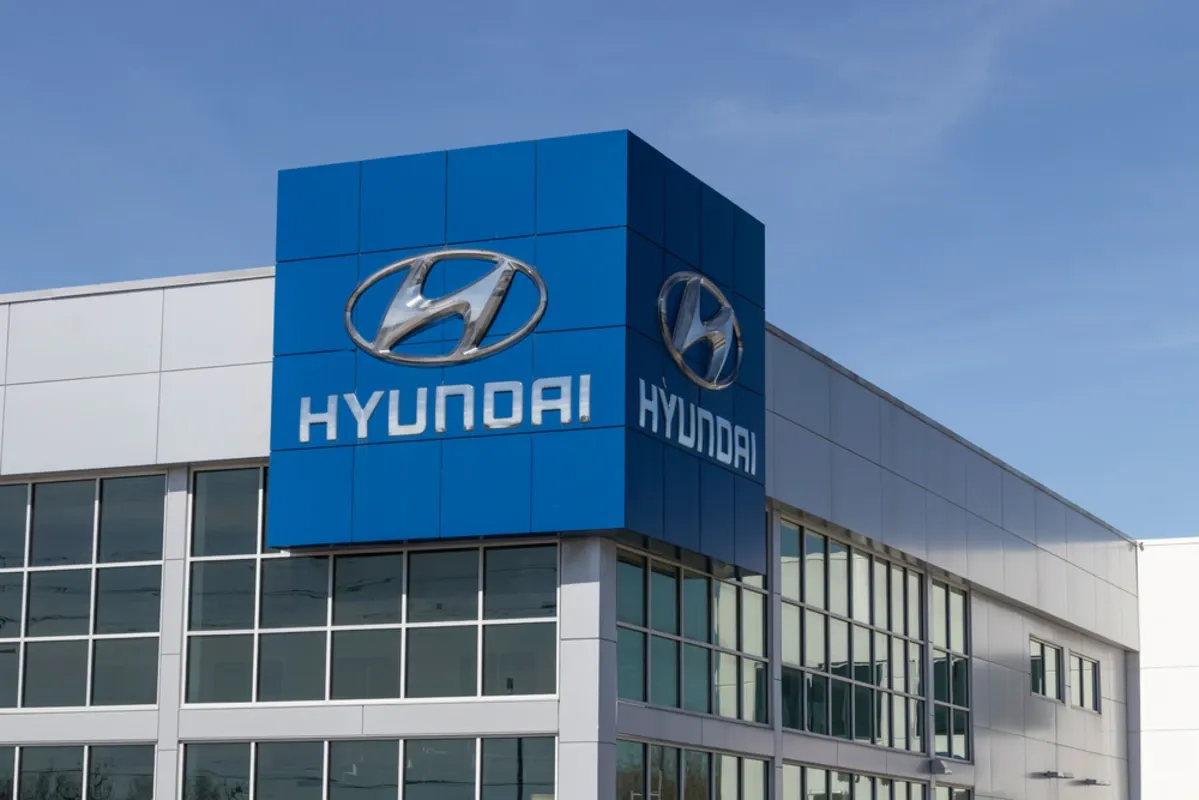Market News
Hyundai Motor India makes a flat debut; what is the road ahead from here?

5 min read | Updated on October 22, 2024, 10:36 IST
SUMMARY
The ₹27,870 crore initial share sale got bids for 23,63,26,937 shares against 9,97,69,810 shares on offer, translating into a 2.37 times subscription, as per NSE data.

The IPO valued the Indian unit of South Korea’s Hyundai Motor Co. at about $19 billion.
The stock, as expected, made a muted entry on the bourses. On the BSE, the stock debuted at a discount of 1.47% at ₹1,931 against the issue price of ₹1,960.
On the NSE, the stock debuted at ₹1,934, a discount of 1.32%.
The ₹27,870 crore initial share sale got bids for 23,63,26,937 shares against 9,97,69,810 shares on offer, translating into a 2.37 times subscription, as per NSE data.
As opposed to the hype, the IPO saw a muted response and sailed through, thanks to a good response from qualified institutional buyers (QIBs).
Retail investors' response was lukewarm on concerns over high valuations as well as the fact that it was a complete offer for sale (OFS).
In OFS, the company does not get any proceeds from the share sale, and the selling shareholders/promoters take money corresponding to the stake they have sold.
The IPO valued the Indian unit of South Korea’s Hyundai Motor Co. at about $19 billion. The parent company sold a 17.5% stake in India’s second-largest carmaker in the deal.
The price band of the IPO was ₹1,865 to ₹1,960 per share.
Hyundai Motor India Ltd., part of the Hyundai Motor Group (HMC), is the third-largest global auto original equipment manufacturer (OEM) by passenger vehicle sales in 2023.
In India, it has been the second-largest passenger vehicle OEM since 2009. Hyundai India's product range includes 13 models across various segments such as sedans, hatchbacks, SUVs, and electric vehicles (EVs). The company also manufactures parts like transmissions and engines for its vehicles.
Between April 2021 and June 2024, Hyundai India was the country's second-largest exporter of passenger vehicles, with over 12 million units sold since 1998, as per the company's RHP.
Considering sluggish undersubscription demand from NIIs and retail investors and market sentiments on overvaluation concern followed by lower demand and oversupply scenarios in the sector, analysts projected a flat to negative market debut for the stock.
However, they noted that the long-term growth story of Hyundai Motor India remains intact in line with India Growth.
Some of the major concerns/risks that have been highlighted are as below.
- Heavy Reliance on Hyundai Motor Company for Exports, Technology, and Strategic Direction
Any disruption in this relationship or changes in the global policies of HMC could significantly impact Hyundai India’s operations, technology integration, and export strategy.
- Supply Chain Disruptions and Geopolitical Risks
Hyundai India faces significant risks stemming from global supply chain disruptions. The Russia-Ukraine war, ongoing Middle Eastern tensions, and the broader impacts of global geopolitical instability have led to disruptions in the supply of critical automotive components like semiconductors.
Rising commodity prices, especially for steel, aluminum, and precious metals, further compound the challenges of maintaining cost-effective production. Shipping delays and logistical constraints due to these geopolitical issues also exacerbate the company's operational efficiency. Hyundai India’s reliance on a global supply chain means that such disruptions can lead to production delays, higher input costs, and a strained capacity to meet market demand.
- Potential Conflicts of Interest with Kia and Hyundai Affiliate
Analysts note that Hyundai Motor Company faces potential conflicts of interest due to the involvement of two group companies, Kia Corporation and Kia India Private Limited, in the same industry.
As Hyundai Motor Corporation (HMC) is a major shareholder in both entities, it may prioritise the interests of its subsidiaries and affiliates, which could conflict with Hyundai Motor Company’s interests.
HMC holds a 34.34% stake in Kia Corporation, which operates in the Indian market, and Hyundai also supplies engines to Kia. The overlap in product offerings and business operations between Hyundai and Kia could negatively impact Hyundai Motor Company's business and prospects.
- Challenges in Expanding EV Infrastructure
The high acquisition costs of EVs, limited charging infrastructure across India, and ongoing consumer concerns about battery range and performance pose hurdles to the widespread adoption of EVs.
What now after tepid listing?
Independent market analyst Ambareesh Baliga on the tepid listing of the stock said in his post on X, "Mildly positive listing for #HyundaiMotorsIPO - All the "Check Boxes" ticked for the Merchant Bankers, Institutional Buyers as well as the Management of #HyundaiMotorIndia - from here on who would be interested is a big question......"
Baliga, in an interaction with Upstox, said that from here on, the stock could be in demand in three scenarios.
One, the stock market becomes extremely hot, attracting buyers;
Second, the auto sector sees a terrific turnaround, and
Third, there is some major corporate development.
About The Author
Next Story

